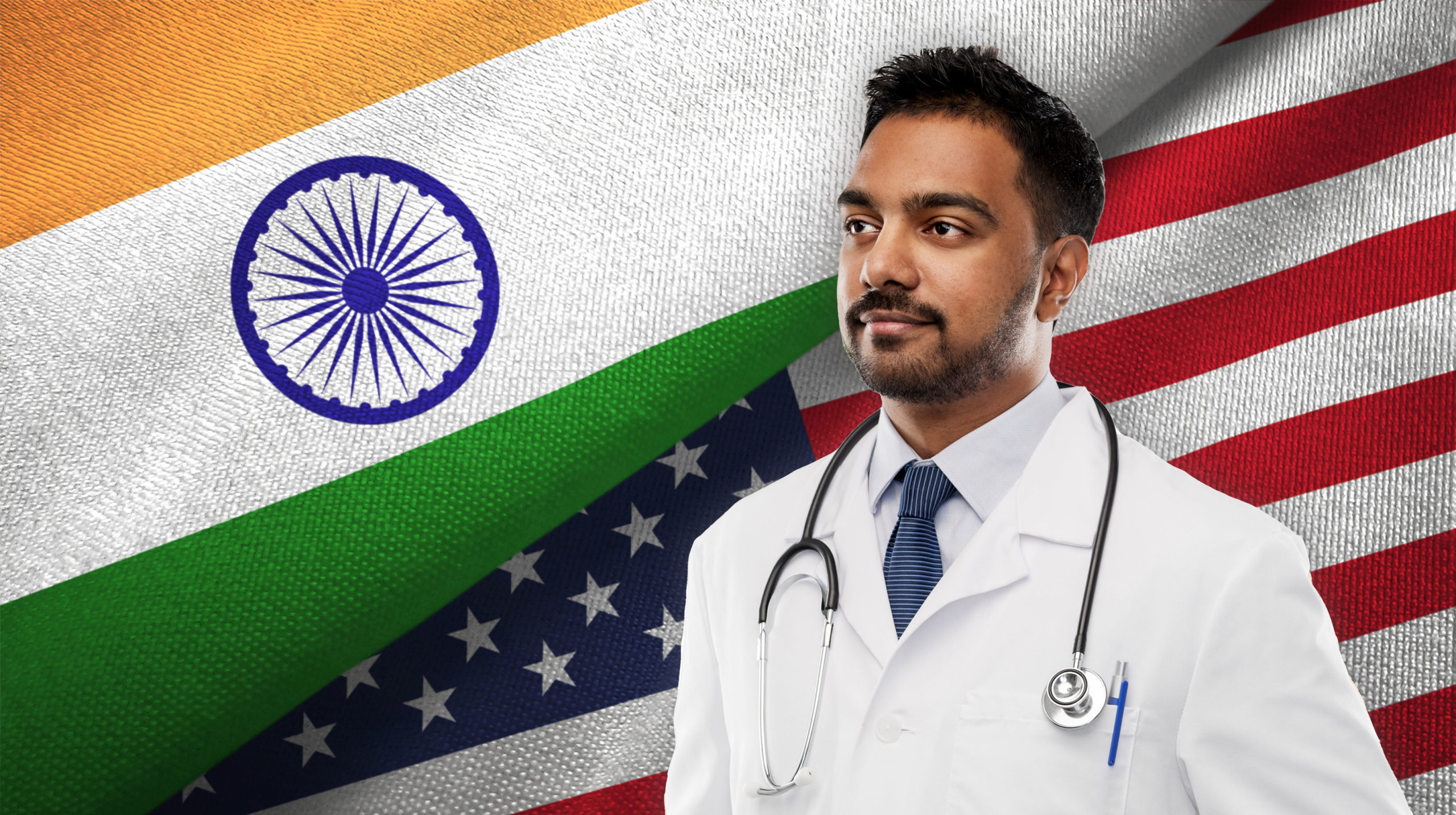Racquelle Heffernan
Each year thousands of medical graduates from India come to America to become a doctor in the US. Those immigrants apply for medical residency and for various reasons don’t achieve this goal. US medical graduates have a strong infrastructure for their graduates, but graduates from India do not have this luxury and trying to learn it often fail in the set up, leaving them completely on their own.
Many of these medical graduates from India give up hope completely but for educational organizations like Residents Medical which has for over 28 years been helping these physicians put their lives back together and get more competitive to achieve their American dream.
The real ache for these sojourners is when they can’t venture to the US because they just don’t know how to navigate the system. Many aren’t aware that there are filters for residency application in ERAS (Electronic Residency Application Service) that programs use to weed out applicants that don’t fulfill the minimum qualifications. In many cases 15,000 of these FMGs spend millions of dollars in fees applying for residency in ERAS and nearly 5000 each year get no interviews and no rank list. Each year they are among 45,000 applicants trying to get into residency.
For the 7000 IMGs (International Medical Graduates), of which nearly 3000 are from India or India families in the US, they have a chance of a lifetime to do residency on a J or H visa and learn at accredited residency programs all over the US. But nearly 8000 will not have that opportunity and thousands will never make the journey back to America to be a board certified doctor.
“I had a year of graduation of medical school that was nearly five years out and that made it very difficult to get matched,” reflects Dr. Karthik, who worked in Delhi for several years after returning from medical school in China. “My scores were not above 240 on the USMLEs so technically I wasn’t a very competitive candidate. And though I got a few interviews applying in ERAS I was always asked what had I been doing for the last five years. If I answered I was working as a medical doctor in India, that’s not what they wanted to hear,” he says.
And that is why Karthik came to Residents Medical. It was imperative for him to get the right answer and get the academic and clinical training to change his chances.
“I know of many Indian doctors who gave up and just felt they’d never get into residency. Residence Medical pushed back to me when I said it was too tough to get an ACGME training position. They told me it is a real dream and that they have helped over a thousand physicians, some even with attempts on USMLEs, from India or Indian families become board certified doctors in America, but that it required my commitment to learn, study and work hard in their academic and clinical preparation. They wanted me to become chief resident one day and they believed in me. And they were right,” he says.
Karthik’s first experience in America was landing in Houston from a non-stop flight from Dubai. “It was daunting to be in America, a bit overwhelming. But I had to come to America to take the Clinical Skills Step Two in those pre-COVID days, “ he says. “Texas was very different than my experience in Hyderabad growing up. “
When Karthik applied for residency after passing his USMLEs he discovered he was not matching in because most residency filters were blocking him because of his 5-year out YOG(year of graduation). He also learned that though he had been actively working as a doctor in India he had no recent US clinical experience and received that in preceptor based settings in Brooklyn, New York.
“I liked New York, with so many people, it reminded me of India, except the weather, but later Residents Medical helped me get actual hands-on externship experience in an internal medicine residency program. This was better than the preceptor based clinical I had done. I really needed that. The program directors were asking for it,” he says.
Karthik was guided to a university level research program at a top medical school in Washington DC by Residents Medical. They also got him exclusive CITI training to make him the best researcher in his program. “Residents Medical also gave me extensive interview prep that really made the difference when I started getting interviewed again by ACGME programs. The nearly 2000 residents they have helped become trainees all use that special training. I also had the clinical experience from Residents Medical that programs were looking for. I had university LORs. I knew how to share with the program director my value as a future resident, I had had extensive didactics about residency that have helped me from the first day I walked into my PGY 1. It was invaluable,” he says.
Karthik is now serving in residency in the Boston, Massachusetts region. He has achieved his dream and he has traveled the US to more cities than many Americans themselves. “From Texas, to Brooklyn to Washington DC to Boston, it’s been an adventure,” says Karthik. “But I am so grateful to Residents Medical for the chance to become a doctor, to serve in the US and to earn an impressive salary for my hard work. They truly helped me believe in myself and make that investment in my future. My trips home to India are very joyful now. And I suppose I am blessed with the best of both worlds and both countries,” he says with a smile.







